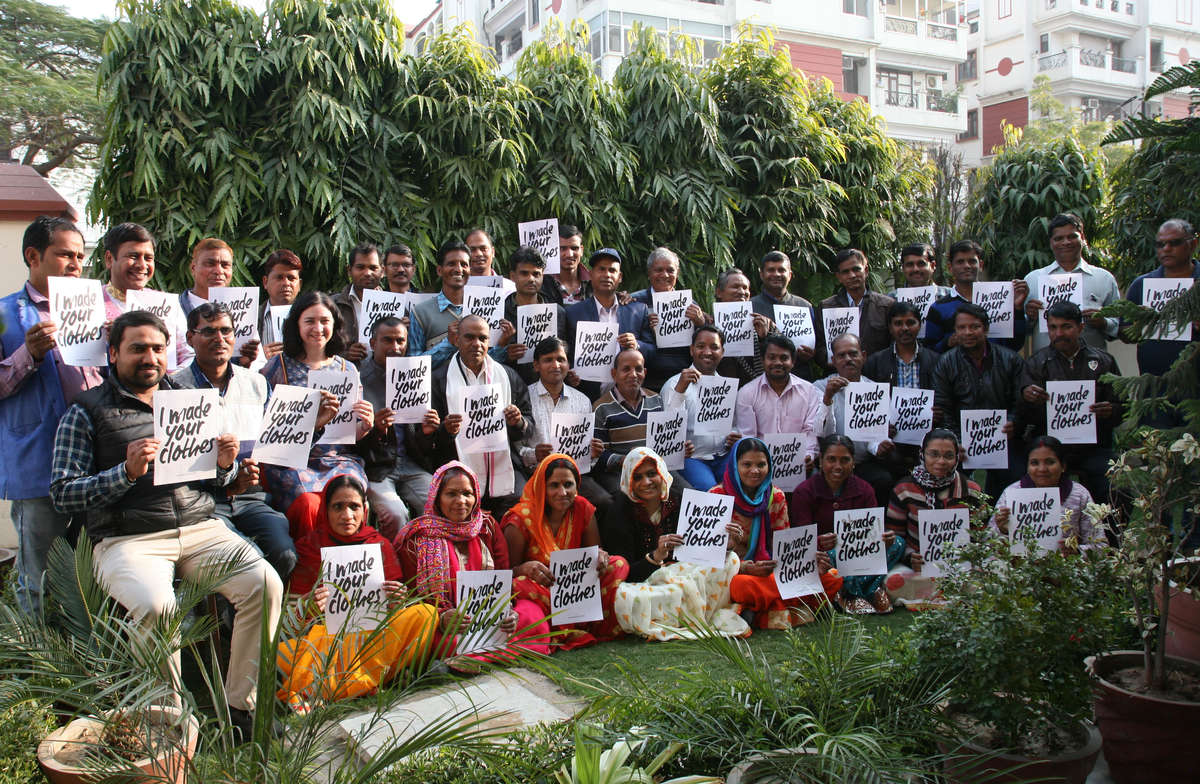About
Daytime People is a small clothing brand based on the South Shore of Nova Scotia, with pieces thoughtfully made in partnership with a fair trade manufacturer in Jaipur, India. Founded in 2015 (formerly as Maggie Jayne), the brand is grounded in the belief that sustainability means quality, not quantity.
We create small, limited collections once or twice a year, intentionally paced to avoid overproduction. Our designs are made to last: timeless silhouettes cut from sturdy fabrics, with french seams wherever possible for added durability and beauty. We hope each piece is something you’ll live with for a long time, or pass along when the time is right.
We work exclusively with GOTS-certified organic cotton sourced from small suppliers. Fabrics are hand block printed in Sanganer using AZO-free dyes. Our manufacturing partner recycles 80% of the water used in the dye process, and ensures the remaining water is filtered clean before it returns to the earth.
Our production is rooted in dignity. We work with a manufacturer that provides full-time, sustained employment, and is certified by the World Fair Trade Federation, Fair Trade Federation US, and Craftmark.
From May to October, we open the doors to our tiny seaside shop in LaHave, Nova Scotia.

a note on pricing
At Daytime People, our clothes are made slowly and thoughtfully, in small batches, with natural fibers, by skilled hands in Jaipur, India. Our pricing reflects the true cost of that work, and we want to be transparent about how and why we set our prices.
We price our adult pieces to support a sustainable business model, one that allows us to cover the cost of ethical production, international shipping, import duties, packaging, design time, and a modest profit to keep going. It also leaves room for future partnerships with aligned retailers or stockists, should those opportunities arise.
Our children’s pieces are priced a little differently. We’ve kept them closer to our cost because we mostly sell them directly and want them to feel more accessible. They’re everyday clothes meant to be worn, played in, passed along and we want to support that.
When you choose to shop with us, you're supporting slow, respectful way of making clothes.
